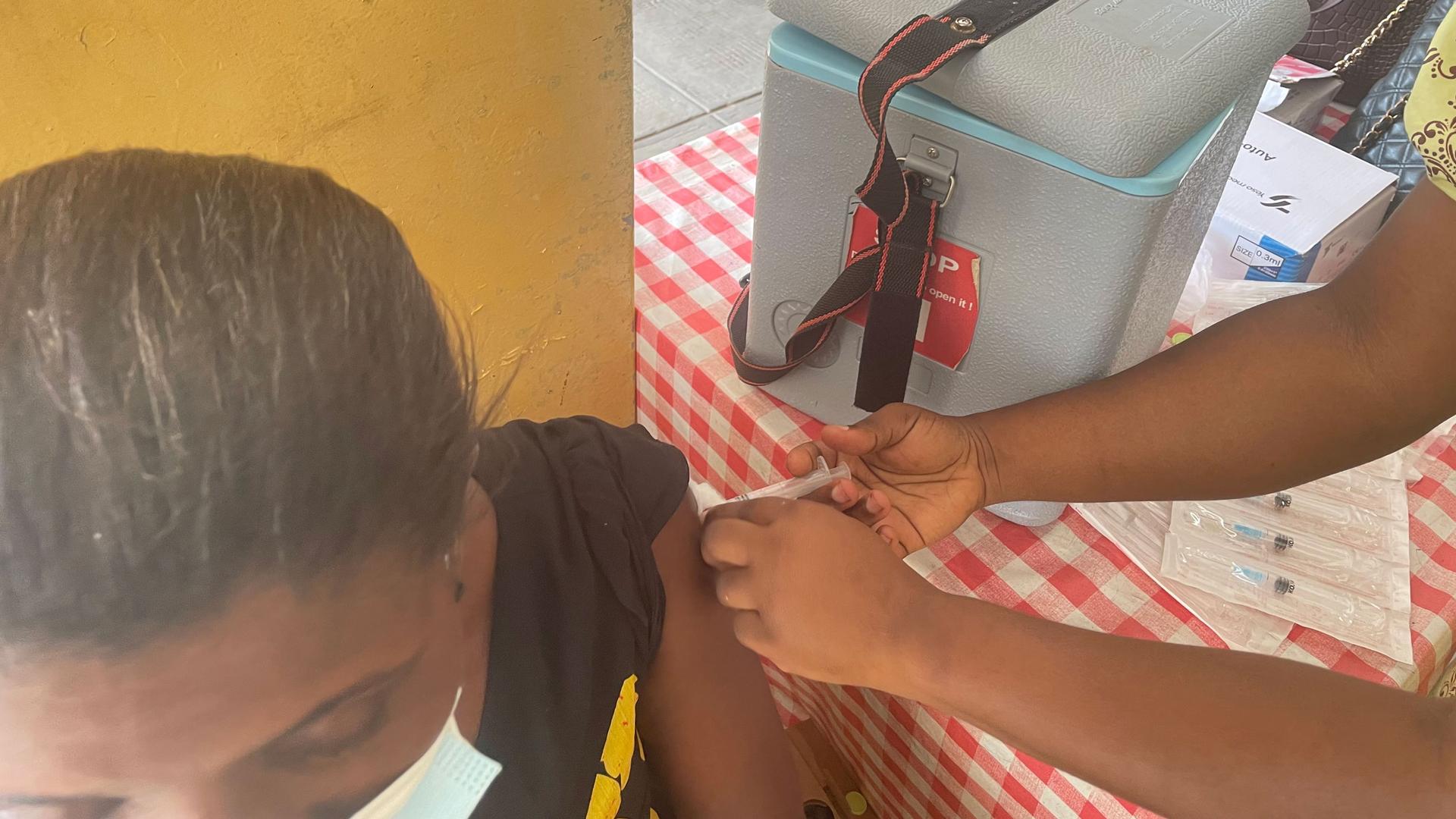As Gloria Yeboah waited to get her COVID-19 vaccine shot at the Adabraka hospital in Accra, Ghana’s capital, she brooded over how the COVID-19 pandemic has turned her life upside down.
The 18-year-old is in her final year of high school. She said she misses the parties and is getting tired of wearing masks.
“If you go out, you have to socially distance. You constantly have to keep on wearing masks. And some masks are just very uncomfortable. … And we had to pause school for a bit.”
Related: Pregnant women and children with HIV in Ghana struggle to access lifesaving medicine during pandemic
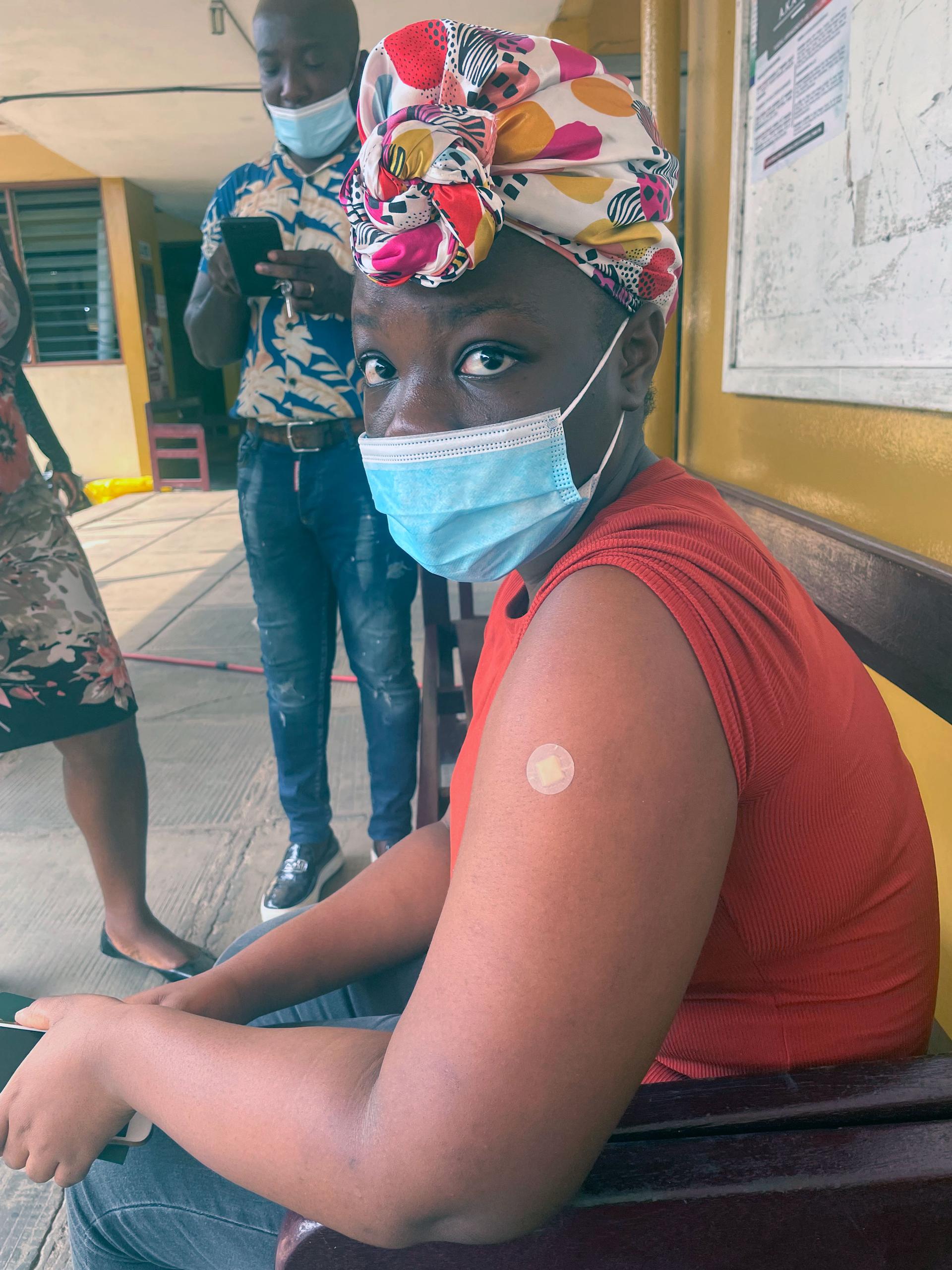
COVID-19 vaccines have been available in Ghana since March 2021 and have since been distributed in phases by Ghana’s Health Service. But vaccine hesitancy in some areas — largely attributed to misinformation, myths and conspiracy theories circulating online — has slowed down the vaccination rates so far.
Ghana has secured some 17 million doses since December 2021 of various vaccines, including AstraZeneca, Sputnik V, Moderna, Pfizer-BioNTech and Johnson & Johnson.
Related: The quest for a universal coronavirus vaccine
Not far from where Yeboah sat, health officers busily assembled vaccination materials as more than a dozen people waited their turn to get the jab.
Yeboah said she was finally convinced to take the vaccine after having to pay about $50 every time she went anywhere that required a COVID-19 test.
“At least with this vaccine, I know I’m protected. Even though I still have to mask up, I know I’m protected,” Yeboah said.
Ghana shut its land and sea borders to passenger traffic since restrictions were first instituted at the beginning of the pandemic.
Currently, airlines that bring unvaccinated people into the country through the Kotoka international airport are fined $3,500 for each passenger, and also for those who test positive for COVID-19 upon arrival.
The government also says people who remain unvaccinated will not be allowed access to beaches, restaurants, stadiums, cinemas and nightclubs.
Related: Health care workers in the Philippines reject new COVID-19 rules as ‘inhumane’
Omicron sparks new concerns
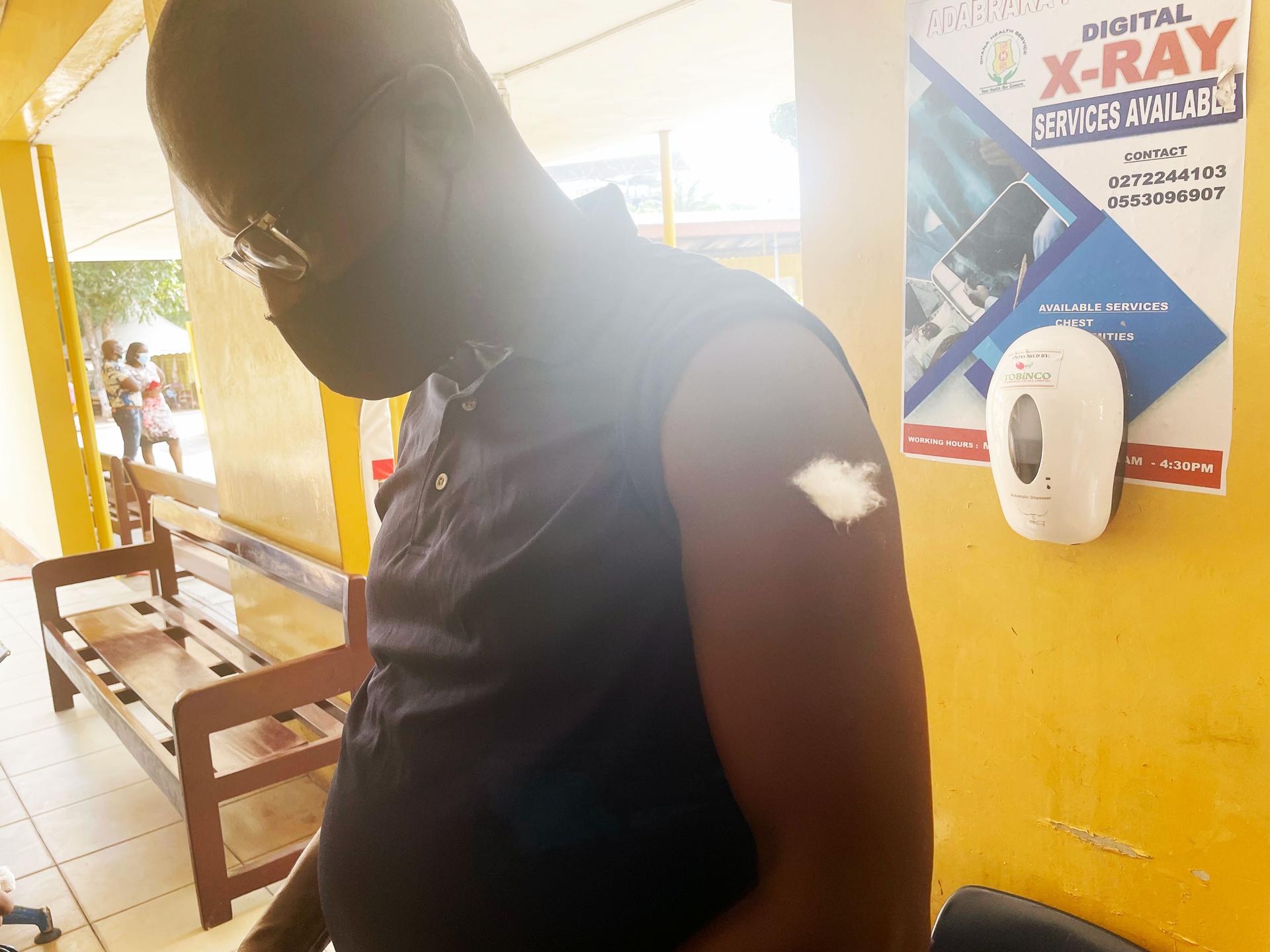
Shortly after Yeboah took her turn, Desmond Amoah also rolled up his sleeve to receive his shot.
The 40-year-old civil servant said his fear of infection with the latest omicron variant led him to get the shot.
“I see it as defense for myself against the virus so I have just taken the step to get myself vaccinated, with the hope that this is what I need to stand against the virus,” he said.
More than 154,000 cases of the coronavirus have been confirmed in Ghana since the pandemic began and more than 1,300 deaths.
The World Health Organization says Ghana has one of the best COVID-19 testing programs in Africa. But, like most nations on the continent, vaccination uptake has been slow despite an increase in supplies over the last few months.
At the Adabraka vaccination center, officials are recording low turnout due to vaccine hesitancy. They say misinformation and myths about vaccines are still circulating among the public.
Stephen Obeng, an Adabraka hospital administrator, said he is extremely worried about the situation.
When they started doing vaccinations, they were serving about 500 people per day, he said. That was the peak. Now, they may serve about 50 people a day, he said.
So far, less than 3 million of Ghana’s more than 30 million people are fully vaccinated.
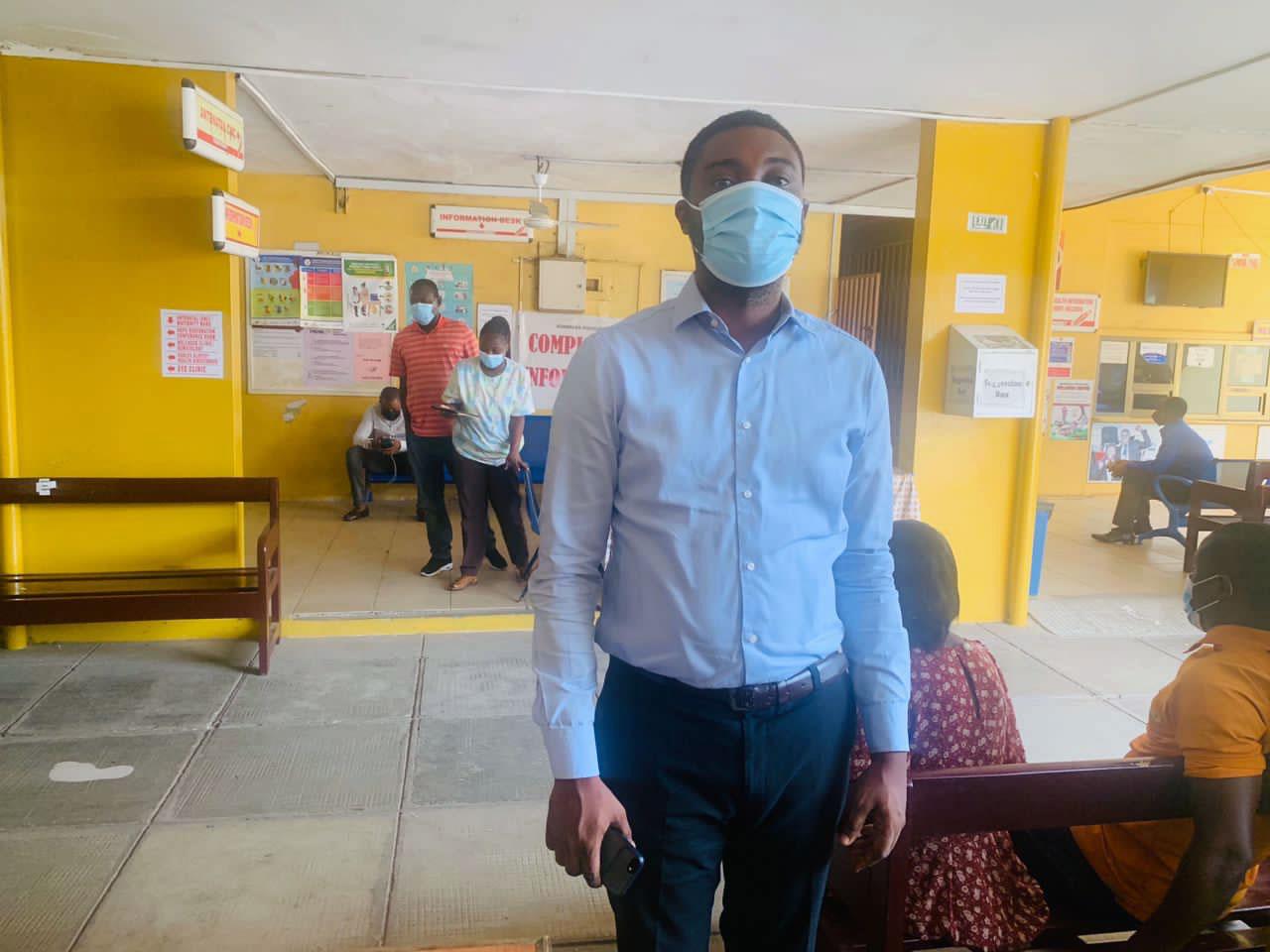
Ghana’s Health Service says vaccine hesitancy poses a risk to meeting the set target of vaccinations for at least 20 million people.
In the Volta region of eastern Ghana, nearly 13,000 vaccines expired during the last vaccination campaign largely due to concerns about the vaccine.
“If we had left it there, without monitoring, we probably would have had more expiry,” said Dr. Kwame Amponsah Achiano who oversees Ghana’s Expanded Program on Immunization.
“We did redistribution quickly when we were about two, three days to expiry. The fact of the matter is that there is real hesitancy, and so we think that high-level people should be able to support the region to overcome that.”
“We did redistribution quickly when we were about two, three days to expiry. The fact of the matter is that there is real hesitancy, and so we think that high-level people should be able to support the region to overcome that,” Achiano said.
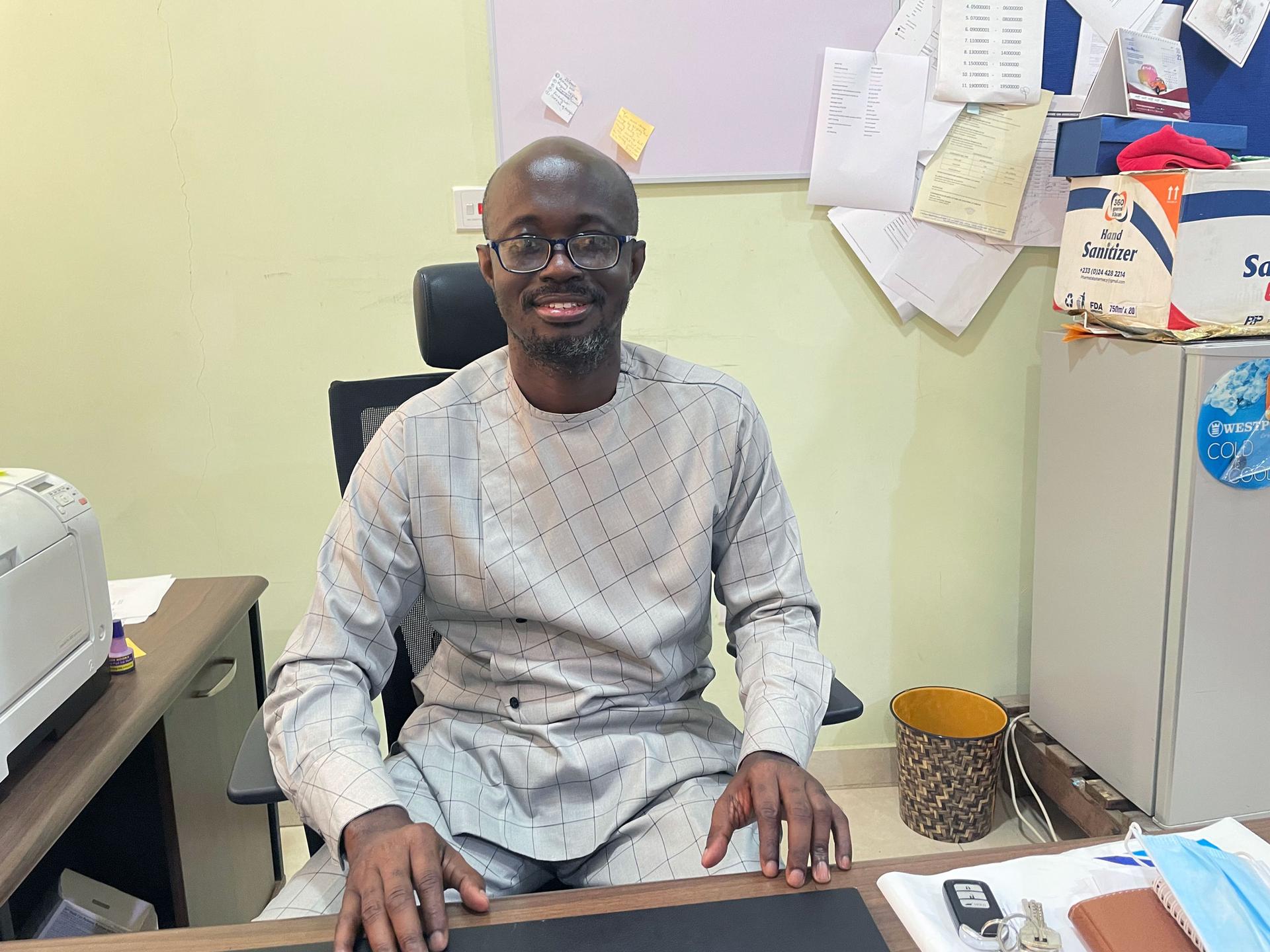
Mass communication strategies
Ghana has initiated a rigorous vaccination campaign in a bid to contain the fourth wave of COVID-19 as omicron cases surge.
Authorities have issued a vaccine mandate for targeted groups, including government employees, health workers, security officials and students at the end of January.
Related: Vaccine mandates aren’t new. But do they work?
“We have a whole subcommittee on communication that is working on all kinds of strategies to get the information appropriately to the people,” Achiano said.
Radio jingles in different Ghanaian languages have been successful in reaching the masses.
“Some media stations have even started playing most of the jingles already. We are using satisfied clients and voices of people in high places and so on.”
“Some media stations have even started playing most of the jingles already. We are using satisfied clients and voices of people in high places and so on,” he said.
Related: Filipinos hesitant about getting COVID jab after dengue fever vaccine debacle
The Ghana Health Service is also encouraging people to rely on reputable and authoritative sources of information, such as health care providers, public health officials and the World Health Organization website, to help make informed choices and stay current.
According to the WHO, 3.5 million people have died from COVID-19 in 2021, which is a higher death toll compared to deaths from HIV, malaria and tuberculosis, combined, in 2020.
Most African countries fell short of the WHO target to achieve full vaccination rates of 40% by the end of December 2021. Only about 6.6% of Africa’s population of 1.3 billion is fully vaccinated against COVID-19 so far.
The Africa Centers for Disease Control and Prevention says many African nations are still grappling with hesitancy and the logistics to accelerate their COVID-19 vaccination program.
The WHO has set a further target of 70% coverage for all countries by June 2022, but experts worry that African countries could miss this target due to weakening health infrastructure, inadequate funding to train and deploy medical officers, and vaccine storage problems.
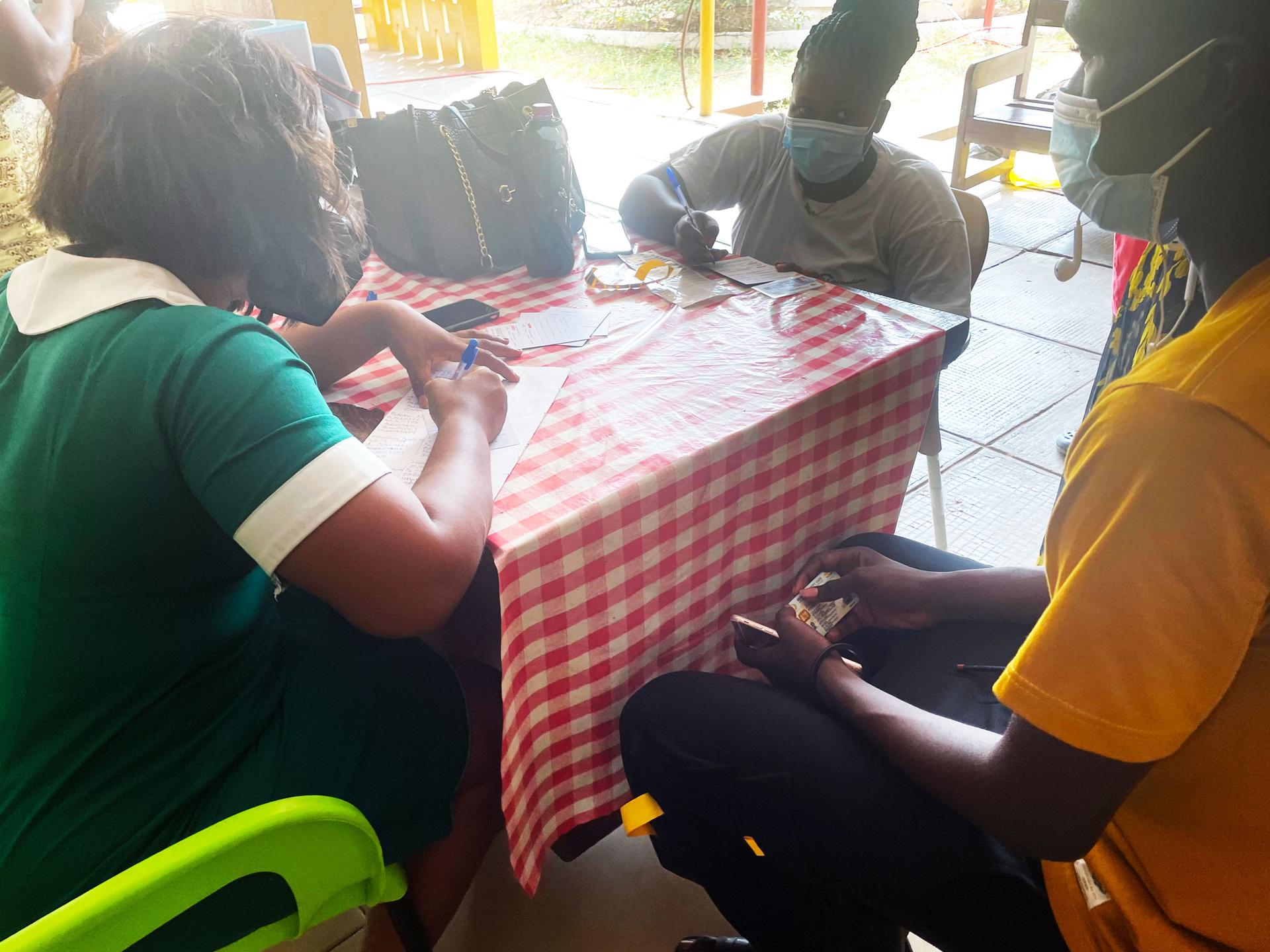
Back at the Adabraka hospital’s vaccination center, Yeboah urged people to disregard misinformation and conspiracy theories and focus on getting vaccinated.
“Please, there is no chip in the vaccine,” she said, referring to a false rumor circulating on the internet. “It is not the mark of the beast. I don’t know what you have heard but please take your vaccine. You’ll be fine, trust!”
